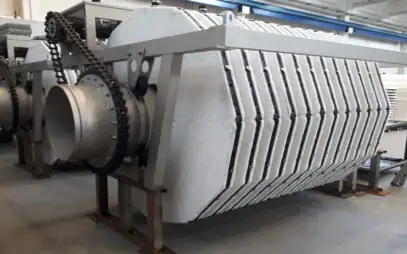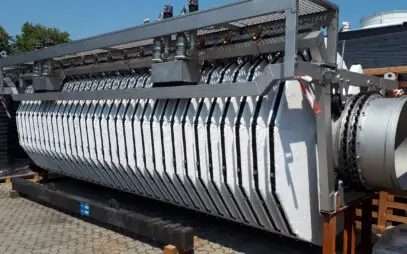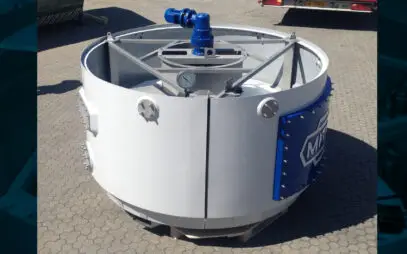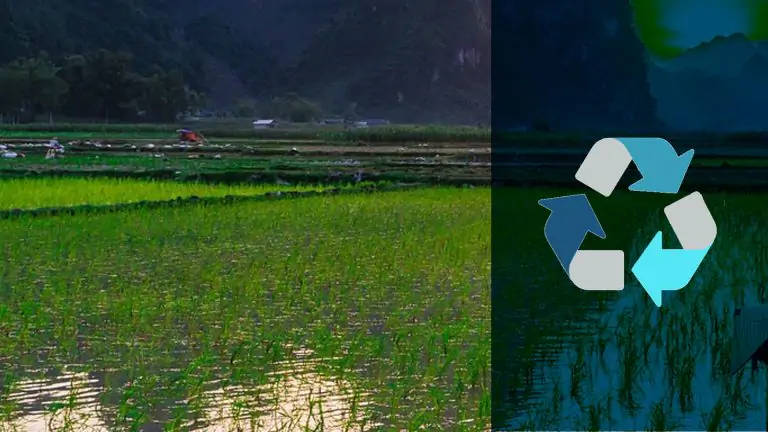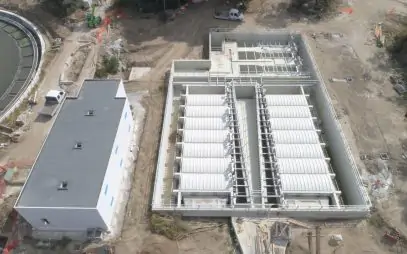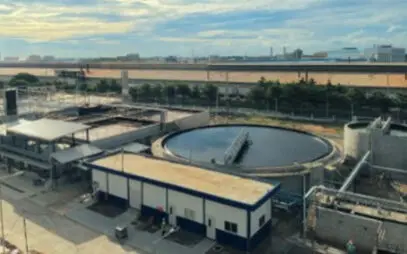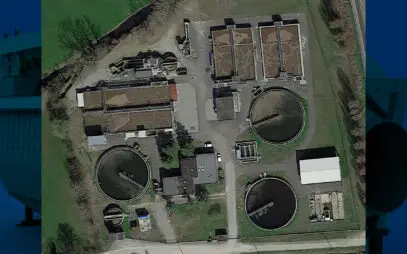MITA solutions for agricultural wastewater reuse
For the reuse of water for irrigation purposes, MITA Water Technologies proposes a highly efficient solution: pile cloth filters (or “free-fiber cloth filters”).
The removal of suspended solids operated by this tertiary filtration system is about 5 mg/l: percentages that make the water treated by this technology useful for a very wide range of crops.
It should be pointed out that there are some exceptions: for example, vegetable cultivation is not allowed with water containing these ranges of suspended solids (at least not according to current European regulations). However, it remains a very wide and growing area of application.
